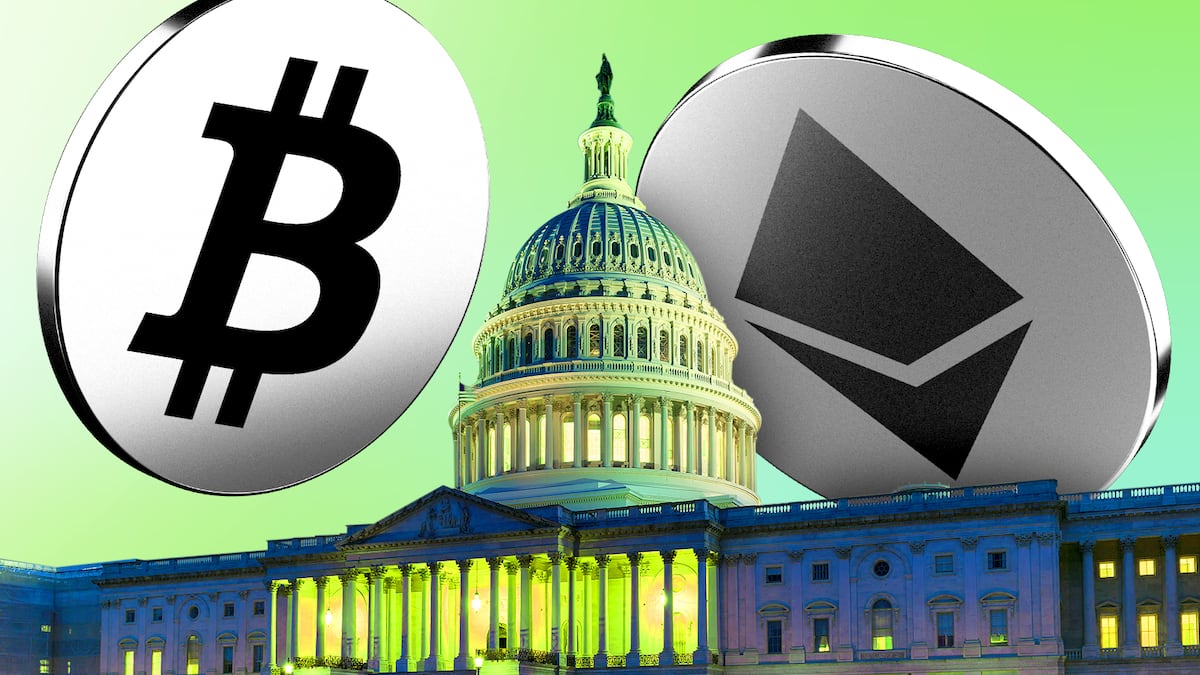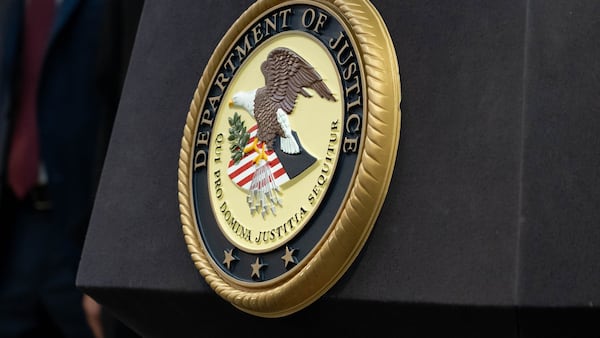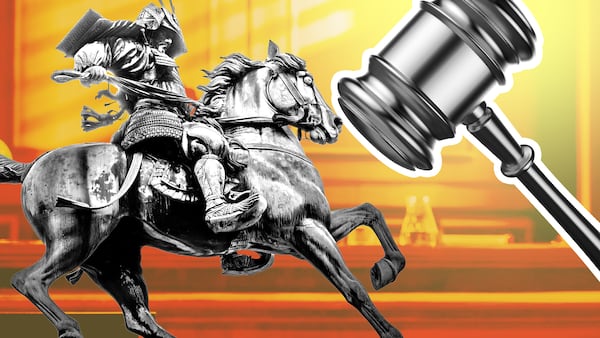- Crypto industry group petitions lawmakers to protect DeFi developers.
- The Group said failure to do so will jeopardise innovation.
- Tornado Cash founder Roman Storm was recently found guilty of the crime the group wants to shield developers from.
Protect developers from being prosecuted like Tornado Cash founder Roman Storm, or risk choking crypto innovation in the US.
That’s essentially the message of a letter sent by a group of 115 crypto firms, builders, investors, and advocates to the Senate Committee on Banking, and Committee on Agriculture on Wednesday.
The letter urges lawmakers to introduce provisions into the Clarity Act to shield open-source developers from being misclassified or prosecuted as operators of money transmitting businesses.
“It is critical that legislation recognises and preserves the historical protections afforded to open-source software development,” said the letter, signed by the DeFi Education Fund, an industry lobby group.
Other signatories included heavy hitters like venture capital giant a16z crypto, crypto exchanges Coinbase and Kraken, Galaxy Digital, and Ripple.
Storm verdict
The letter didn’t mention Storm nor Tornado Cash by name.
Nevertheless, it comes just weeks after the privacy protocol co-founder was found guilty of conspiracy to operate an unlicensed money transmitting business — the same crime the letter seeks to protect developers from.
The case became a cause célèbre in the crypto industry. Pundits objected to the verdict. They said it failed to accurately reflect the way Tornado Cash and many other crypto protocols operate.
“It should be clear from the plain language of the statute that to transfer funds on behalf of the public, you have to have that person’s funds in your possession, custody or control,” Amanda Tuminelli, executive director at the DeFi Education Fund, told DL News at the time.
Tuminelli said Tornado Cash never had that sort of control and said the verdict jeopardised crypto innovation and risked driving developers to more accommodative jurisdictions.
This week, the 115 signatories of the letter seemingly echoed that argument and warned that failing to protect open-source developers will jeopardise US President Donald Trump’s goal of transforming the country into “the crypto capital of the planet.”
The letter warned lawmakers that the upcoming Clarity Act, a market structure bill that seeks to establish a clear regulatory framework for crypto and close existing regulatory gaps, could force developers into unworkable regulatory categories designed for the traditional financial world.
It comes as the total share of open-source software developers in the US dropped from 25% in 2021 to 18% in 2025, according to Electric Capital’s Developer Report, a long-running effort to quantify crypto developer activity.
It’s not just crypto advocates raising the alarm.
“Reversing the decline of blockchain development in the United States is central to the goal of making America the crypto capital of the world,” a July report from the President’s Working Group on Digital Assets said.
Path to compliance
Between 2021 and 2025, the US Securities and Exchange Commission under then-Chair Gary Gensler took what the industry lamented as a regulation through enforcement approach to crypto.
The agency sued several major crypto firms and issuing Wells notices to many more, without providing a regulatory framework for the asset class.
Gensler’s SEC maintained that crypto firms should come in and talk to the regulator to ensure they were compliant with existing regulations.
Yet many firms said the SEC made it impossible for them to know which regulations applied to them, or whether they were in violation of them.
That’s changed under the Trump administration, which has taken a much friendlier approach to crypto.
In July, Trump signed the Genius Act, a landmark bill regulating stablecoins, into law.
Now the Clarity Act is expected to soon give crypto firms and developers a path to compliance.
But it’s a high stakes situation. While the bill could do a lot of good for the industry, it also has the potential to backfire if lawmakers are unaware of the necessity for crypto developer protections, or decide that they aren’t needed.
The crypto industry group, which consists of many members who hold considerable sway in Washington, has made its stance clear.
“Protecting software developers is a firmly bipartisan issue,” the group’s letter said. “Without such protections, we cannot support a market structure bill.”
Tim Craig is DL News’ Edinburgh-based DeFi Correspondent. Reach out with tips at tim@dlnews.com.








